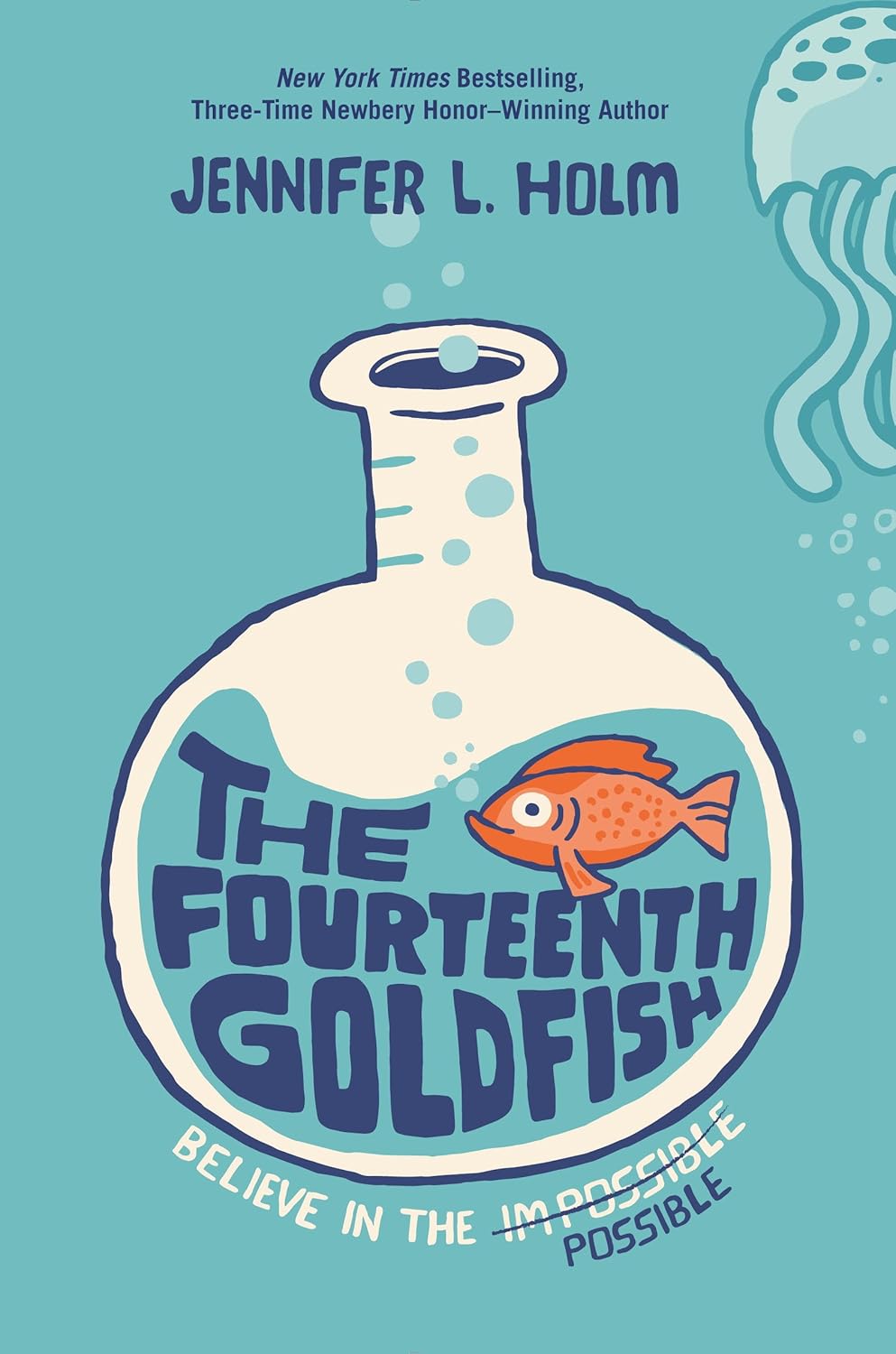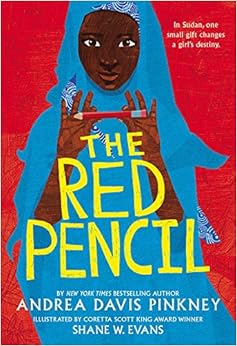"A myth is not in the telling, but in the endless retelling."
Sephora Golding's life, in all it's disturbing and tragic twists, has come to mirror the myths that inspire the art she creates. Her world revolves around her beautiful mother, Rebecca, and her art, which is inspired by the former and made using the scrap she finds all over Venice Beach. The narration feels distant from the turmoil taking place, true to Sephora's feelings. Her mother is dating a guy closer to Sephora's age, Jordan, she's barely hanging on in school, she's pressured to find a job, and her best friend, Marissa, is more confused about what she wants and needs than Sephora.
As with any good myth, her fate is inescapable, yet, she does't realize this until after the fact. The annual summer trip to her wealthy Aunt's in Georgia brings into focus just how very different her life could be. They have offered for her to come and live with them-an escape from her fate. Upon her return home, however, fate works for, rather than against her, as her art takes off and she has the opportunity to face the one that committed the infandous* act.
The myths interspersed throughout the chapters made me think, as I'm sure was Arnold's intention, about the brutality of many myths that we gloss over in our minds simply because they are deemed Literature rather than simply stories. Moreover, what would we think if these tales were told with a modern backdrop? Infandous provides us with that backdrop in this modern shocker of a myth.
*something that's too terrible to be spoken out loud
Sephora Golding's life, in all it's disturbing and tragic twists, has come to mirror the myths that inspire the art she creates. Her world revolves around her beautiful mother, Rebecca, and her art, which is inspired by the former and made using the scrap she finds all over Venice Beach. The narration feels distant from the turmoil taking place, true to Sephora's feelings. Her mother is dating a guy closer to Sephora's age, Jordan, she's barely hanging on in school, she's pressured to find a job, and her best friend, Marissa, is more confused about what she wants and needs than Sephora.
As with any good myth, her fate is inescapable, yet, she does't realize this until after the fact. The annual summer trip to her wealthy Aunt's in Georgia brings into focus just how very different her life could be. They have offered for her to come and live with them-an escape from her fate. Upon her return home, however, fate works for, rather than against her, as her art takes off and she has the opportunity to face the one that committed the infandous* act.
The myths interspersed throughout the chapters made me think, as I'm sure was Arnold's intention, about the brutality of many myths that we gloss over in our minds simply because they are deemed Literature rather than simply stories. Moreover, what would we think if these tales were told with a modern backdrop? Infandous provides us with that backdrop in this modern shocker of a myth.
*something that's too terrible to be spoken out loud







